Think you’re brushing your teeth the right way? Think again. Discover the 8 most common oral hygiene mistakes and how to avoid them to protect your teeth and gums.
Table of contents
We brush our teeth every day, usually more than once. It’s one of those habits we pick up in early childhood and carry with us throughout life. But despite the automatic nature of the gesture, a surprising number of people still make common mistakes that, over time, can seriously impact oral health. Let’s take a closer look at the most frequent ones — and why they’re worth correcting.
Brushing too hard
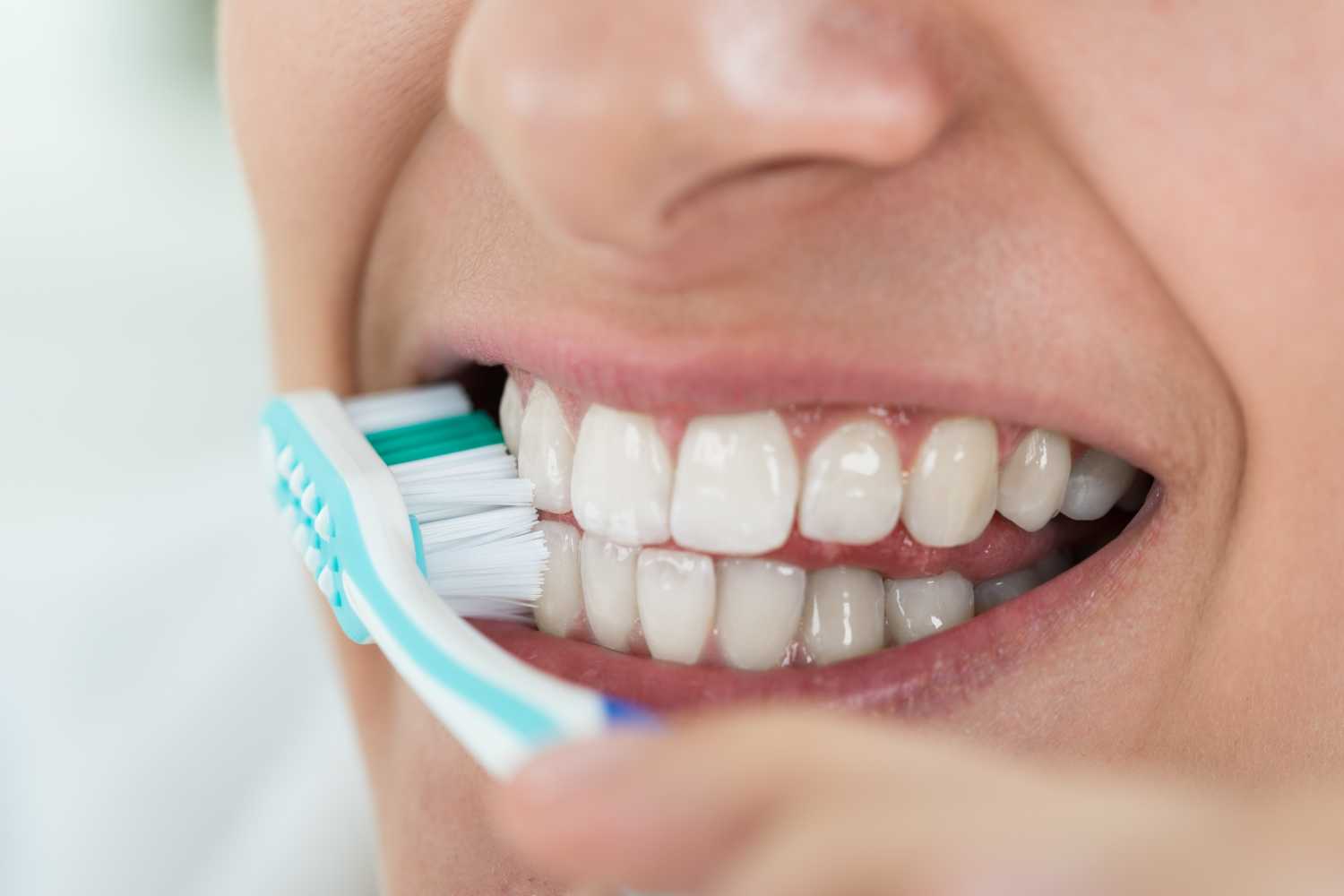
Many believe that pressing harder with a toothbrush means getting a better clean. It’s a harmful misconception. Excessive pressure doesn’t clean better — it can actually do real damage. It wears down tooth enamel and can inflame the gums, leading to sensitivity and other issues.
Using a soft-bristled toothbrush is usually enough to gently remove plaque without trauma. If you’re not sure how hard you’re brushing, an electric toothbrush with pressure sensors might be a smart investment — they alert you when you’re brushing too forcefully.
Brushing after breakfast

It feels logical, doesn’t it? You eat breakfast — coffee, orange juice, maybe a croissant — and then brush your teeth to wash it all away. But here’s the twist: brushing before breakfast is actually better.
Overnight, your mouth becomes a breeding ground for bacteria and plaque. Brushing first thing in the morning helps reduce this buildup and coats your teeth with toothpaste, offering protection against the acids in your breakfast. If you eat first and brush after — especially after acidic foods like citrus — you risk scrubbing softened enamel, which can make your teeth more vulnerable over time.
Skipping the floss
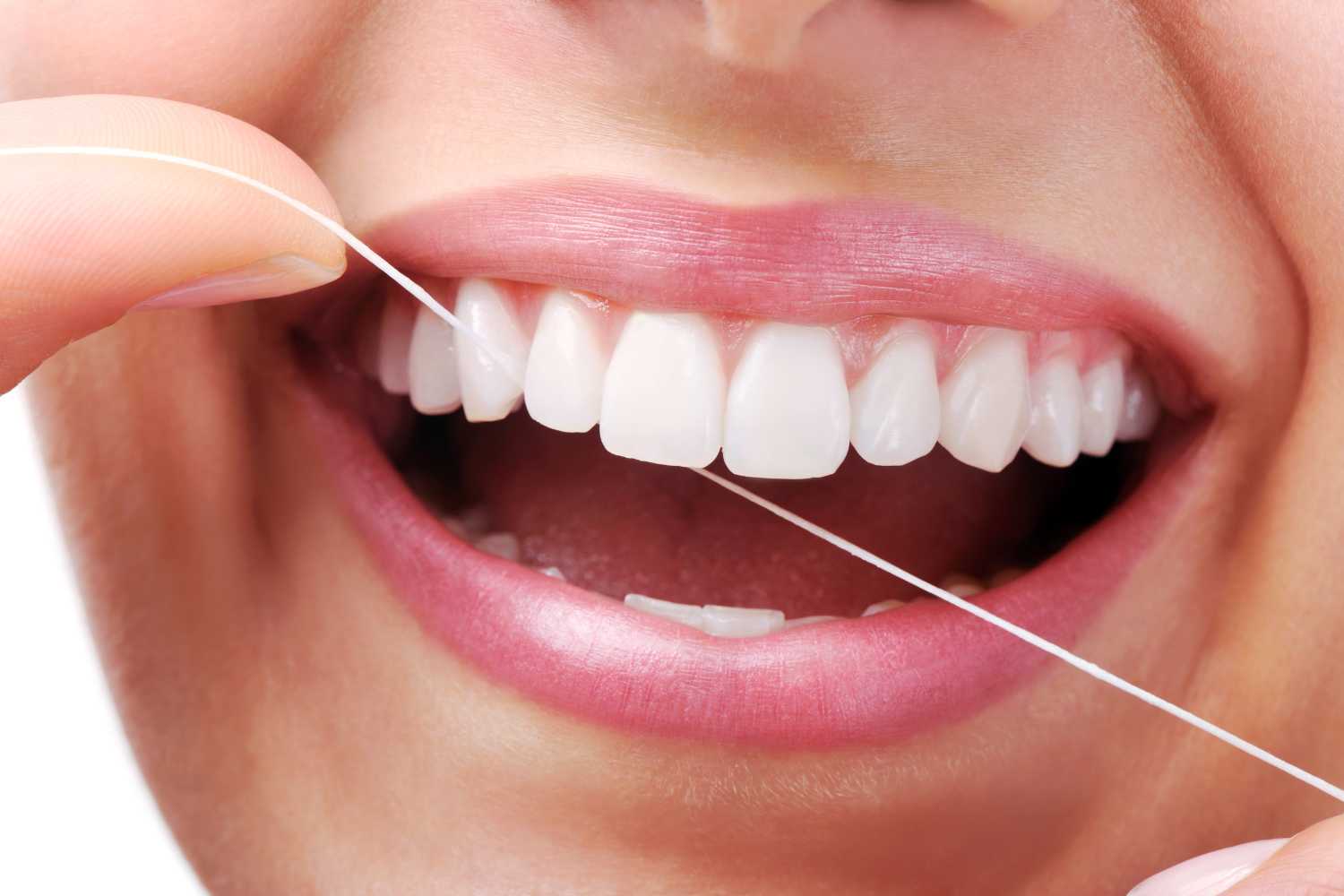
Brushing twice a day? Great. But if you’re not flossing, you’re missing out on a crucial part of oral hygiene. Food debris and plaque get lodged between teeth, where toothbrush bristles can’t reach.
Daily flossing helps prevent cavities, bad breath, and gum inflammation. Want to boost the effect? Try flossing before brushing. This clears out hidden plaque and lets the fluoride in your toothpaste reach every surface more effectively.
Rinsing with water after brushing
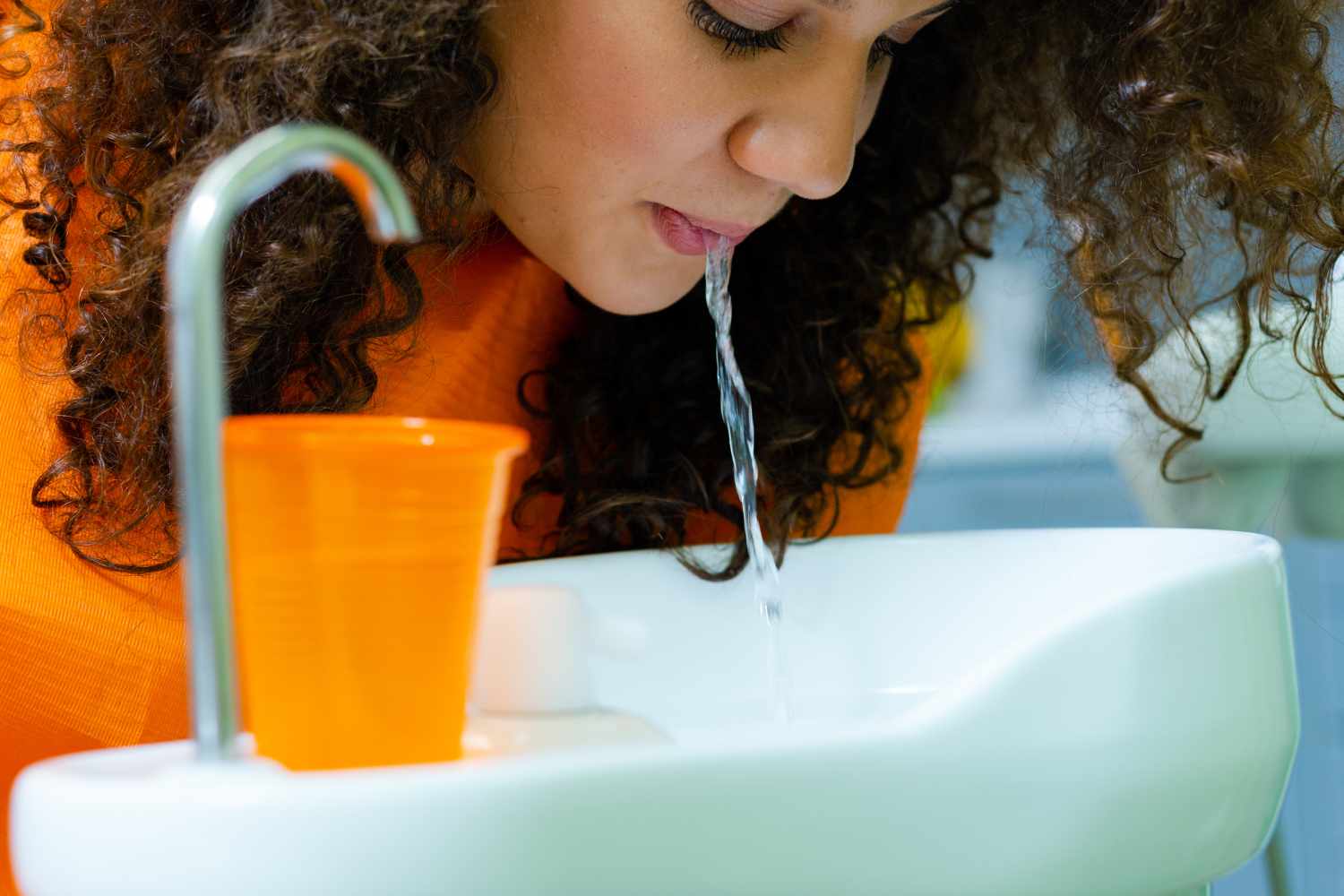
It’s instinctive: you finish brushing and rinse your mouth with water. But it’s actually counterproductive.
Toothpaste contains fluoride, a key ingredient that helps remineralize enamel and prevent cavities. Rinsing with water washes this protective layer away too quickly. Instead, spit out the excess toothpaste and let the fluoride keep working. If you really feel the need to rinse, use a fluoride mouthwash — just make sure it’s alcohol-free.
Using the wrong brushing motion
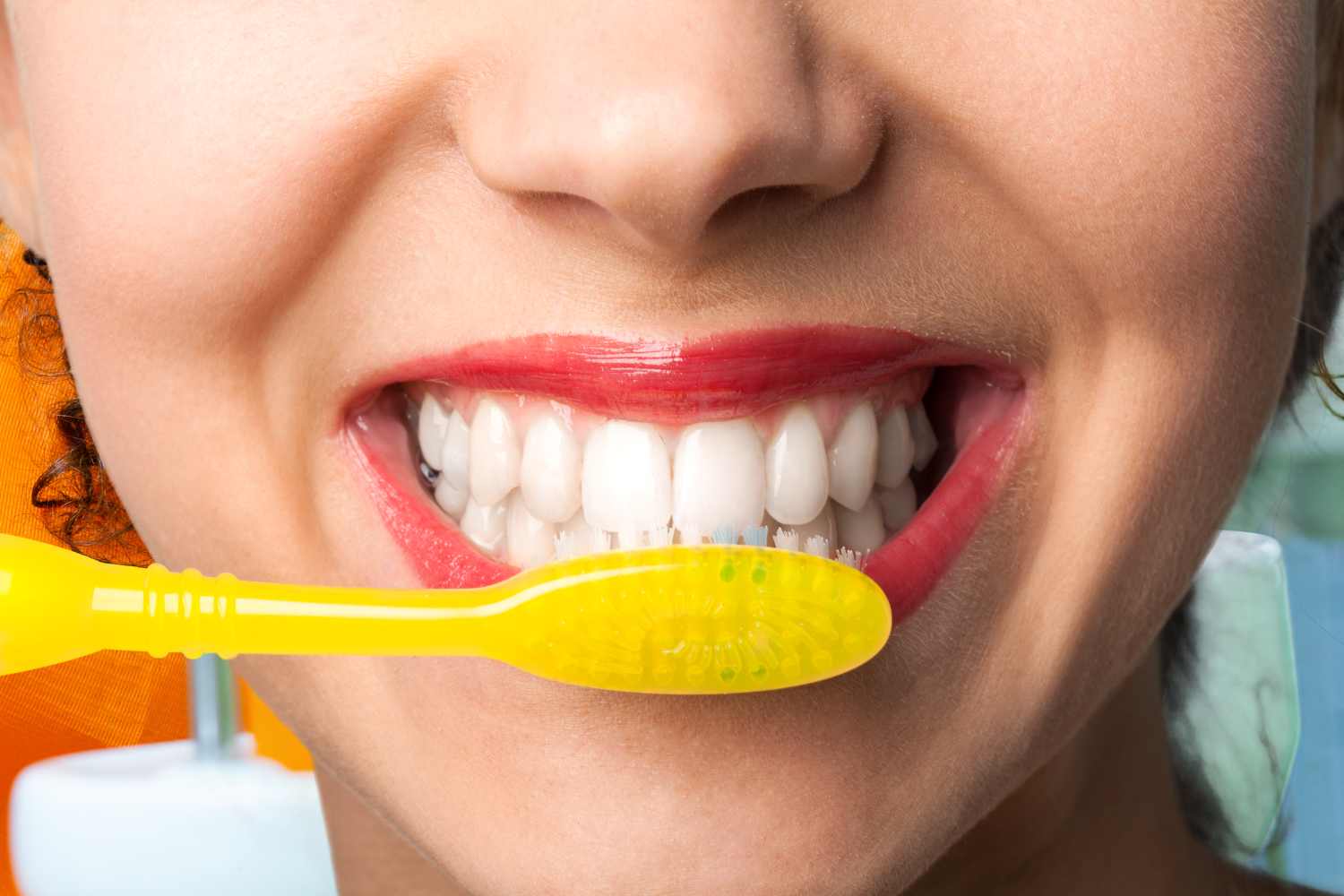
The classic side-to-side motion? That’s for polishing shoes, not teeth. Horizontal brushing isn’t just ineffective — it can actually miss entire areas and irritate your gums.
Dentists recommend gentle circular motions or brushing up and down, focusing on each tooth individually. Spend at least two minutes brushing, making sure to reach the molars, gumlines, and inner surfaces. Hold the brush at a 45-degree angle to your gums to clean effectively at the base of the teeth.
Ignoring your tongue
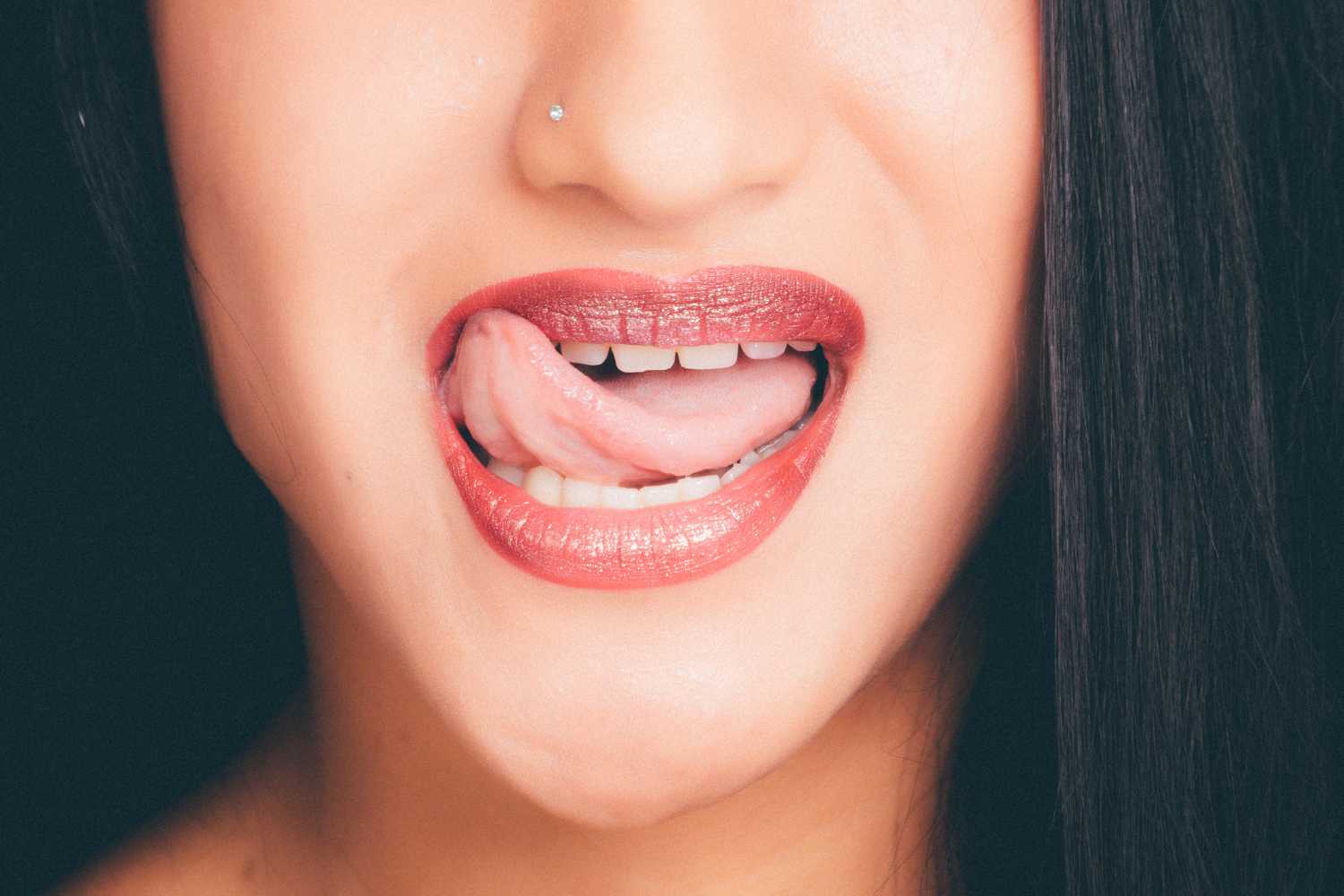
It’s easy to forget, but your tongue can harbor bacteria and food particles, contributing to bad breath and tartar.
Gently brushing your tongue — or better yet, using a tongue scraper — can noticeably improve breath and help maintain the oral microbiome’s balance. It’s a small effort with big benefits.
Holding onto your toothbrush too long
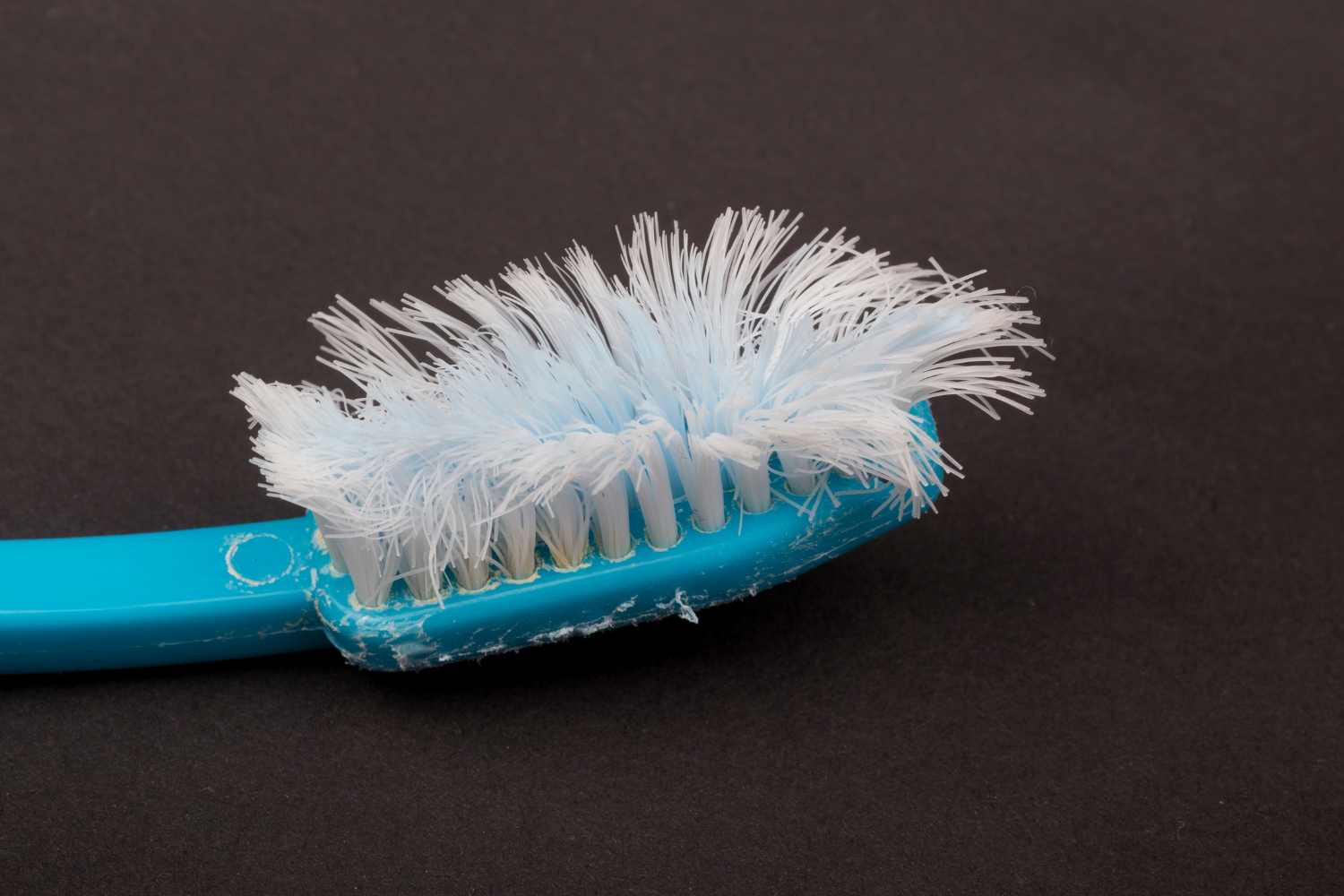
Your toothbrush isn’t built to last forever. Over time, bristles bend, wear out, and lose their effectiveness — and after around three months (or sooner if visibly frayed), it’s time to replace it.
Using a worn-out brush doesn’t just reduce cleaning efficiency — it can irritate your gums and even harbor harmful bacteria. A fresh toothbrush is a simple but powerful upgrade for your oral care.
Skipping nighttime brushing

This might be the most underestimated mistake, but it’s also one of the most damaging. At night, saliva production drops, creating the ideal environment for bacteria to thrive. If you go to bed without brushing, you’re giving plaque an entire night to settle in — and potentially harden into tartar.
An effective evening brushing routine is essential. No rushed scrub — take your time and give every part of your mouth the attention it deserves.
it’s time to rethink your habits
Oral hygiene isn’t just about having clean teeth — it’s a key part of your overall health. Brushing correctly can prevent a range of dental problems that, over time, may become serious and even affect your general well-being.
Luckily, good brushing isn’t complicated. It’s about replacing bad habits, becoming more aware, and building a routine that actually works — one thoughtful, deliberate gesture at a time.
